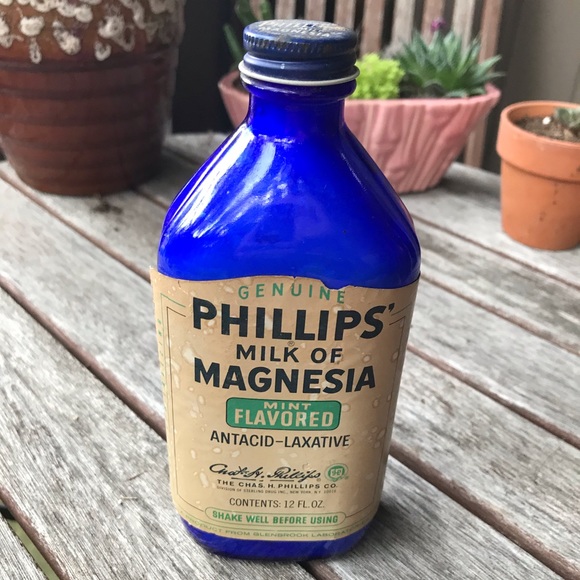From my reading of labels, a good VMS gives you more copper zinc and biotin than many “hoof formulas” and there’s a limit ( as noted above somewhere) on how much a horse needs and can use
There are ECIR VMS formulas (Madbarn has one) that have increased levels of these ingredients. They cost a bit more than the standard VMS but likely not as much as doing a standard VMS plus a hoof formula.
In all my label reading, here are my takeaways.
There are categories of supplements that all share the same vitamin and/or mineral ingredients with tweaks to packaging and marketing.
The hoof formulas all have some ratio of copper zinc and/or biotin.
The calming supplements all have magnesium in some form.
The flax based supplements all have flax along with something else to make it proprietary.
So make sure you have your bases covered with a general comprehensive VMS or ration balancer, and then most of this category of supplement becomes irrelevant.
Another category of supplements is things developed for human use that haven’t really shown quantifiable effectiveness in real human research, which unfortunately includes all the feed through joint and arthritis supplements, as well as all the “light” modalities (not really supplements obviously). There’s generally very little equine specific research, but you can look up the general consensus on human efficacy on one of the big public facing health websites like Harvard or Hopkins medical schools.
Then there are herbs that claim to mimic pharmaceutical effects of pain killers or hormones. My guess is they are ineffective but I would be nervous to use them if they were effective because that’s some powerful claim, and herbs are notoriously uneven in their effects from batch to batch. As anyone who dabbled in smoking backyard homegrown marijuana in the pre-hydroponic 1970s cab attest! Or even who has tried growing cooking herbs at home.
I do think that good probiotics can be useful to stabilize persistent diarrhea in humans and in horses, but there’s no point continuing to feed them after the issue is resolved.


